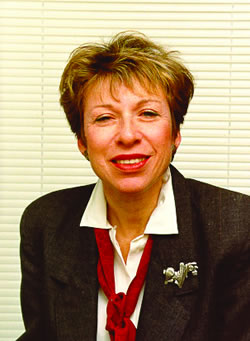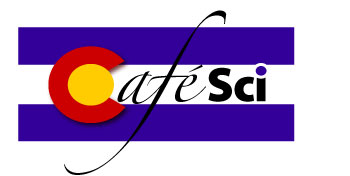About the topic
Bio
Get the Flyer (pdf)
About the topic
Usually when people discuss the mistakes leading up to the recent financial crisis, they mention easy mortgages, fraudulent loans, inadequate credit evaluations by the bond rating agencies, and poor regulation. Then they add some acronyms: CDO's and CDS's.
CDO's are "Collateralized Debt Obligations" and CDS's are "Credit Default Swaps", both "financial derivatives". These derivatives did play a role. Credit default swaps were like bond insurance that insurance companies had provided for decades on municipal bonds. But they were not like bond insurance in some important ways.
Collateralized debt obligations were packages of various types of mortgage loans and other miscellaneous debt. They were like the asset-backed securities invented in the mid 1980's that were almost perfect performers. But CDOs were not perfect performers.
New financial regulations—The Dodd-Frank Wall Street Reform and Consumer Protection Act (DF)—seek to alter how these financial derivatives are traded. Many CDS's may be traded on exchanges where traders need to post margin and where position limits may apply. According to the DF Act, CDO's and other asset-backed securities created by financial institutions can't be sold off in their entirety; the institution creating them must retain a portion.
Do you, like the rest of us, not have a clue what shark repellant is? Or a swaption? Do you think only pediatricians use an immunization strategy? Ever shopped at the Matador or Samurai markets? The New York Times offers a very complete glossary of financial terms on line.
The Final Report of the National Commission on the Causes of the Financial and Economic Crisis in the United States, submitted to the US Government by The Financial Crisis Inquiry Commission in January 2011, is available on line.
Fed Chairman Ben Bernanke told the FCIC, "As a scholar of the Great Depression, I honestly believe that September and October of 2008 was the worst financial crisis in global history, including the Great Depression."
Bio
 Dr. Marcelle Arak is Professor of Finance at the University of Colorado Denver, where she teaches courses on financial innovations and on financial derivatives. She is an expert on financial market risk.
Dr. Marcelle Arak is Professor of Finance at the University of Colorado Denver, where she teaches courses on financial innovations and on financial derivatives. She is an expert on financial market risk.
A former Wall Street derivatives trader, she is now an advisor to money managers, rating agencies, and regulators, both here and abroad. Before joining the University, Dr. Arak headed Citibank' s Structured Interest Rates Options and Guarantees Department. Her group was one of Wall Street's major providers of over-the-counter interest rate options, interest rate locks, and swaptions. Prior to building that new business for Citibank, Dr. Arak headed the Capital Markets Analysis Department, the group of bond quants that provided advice to institutional customers of Citibank as well as for proprietary trading and risk management. Still earlier, she was Vice President and Head of the US Economic and Financial Research Group at the Federal Reserve Bank of New York.
Her international experience includes consulting work in Egypt, Indonesia, Philippines, and Taiwan. She provided advice on government securities markets and/or financial derivatives to central banks and other government agencies. Dr. Arak has also been a guest lecturer abroad, including Korea, where she delivered a series of lectures for bankers on risk management and Thailand, where she lectured on risk and financial derivatives to market practitioners.
Dr. Arak earned her Ph.D. at MIT and her BA at the University of Rochester. She has published extensively on financial market issues, including financial derivatives such as options, futures, and interest rate swaps.
